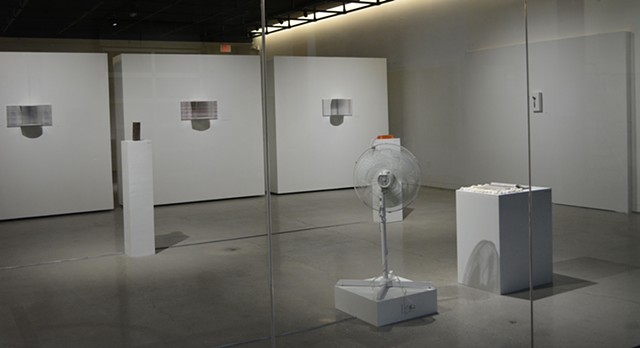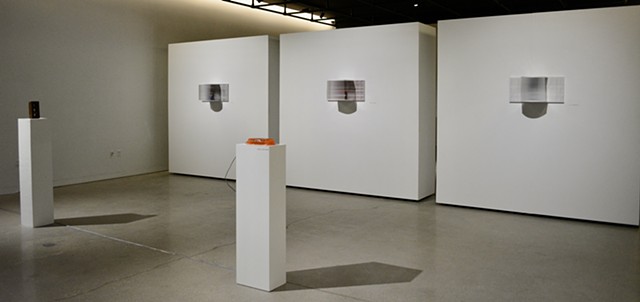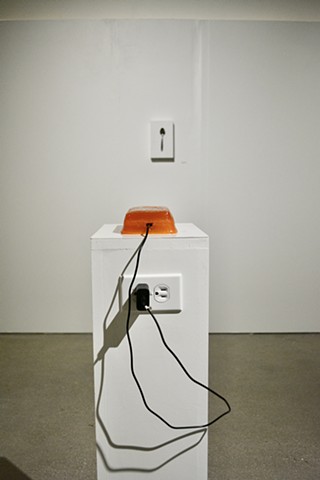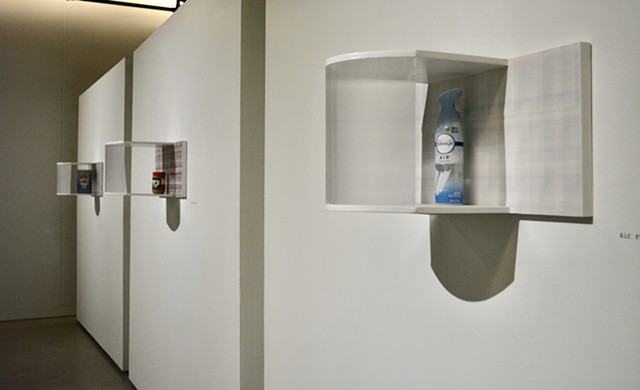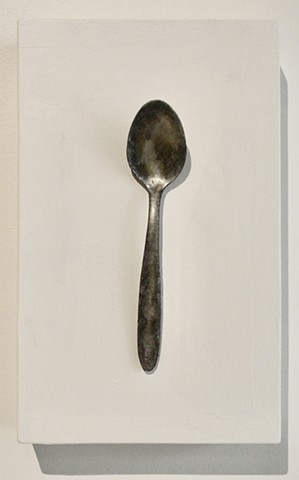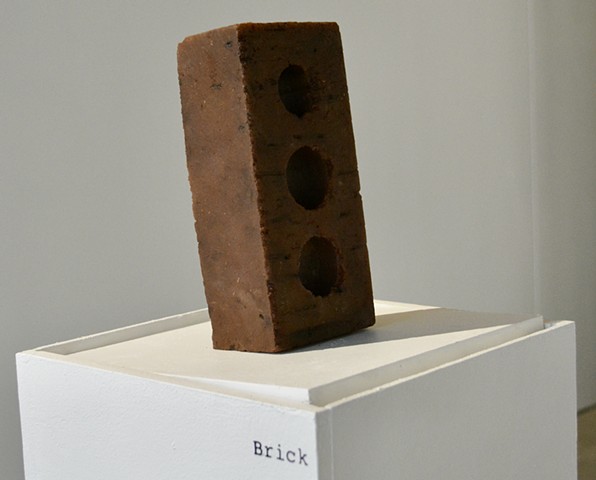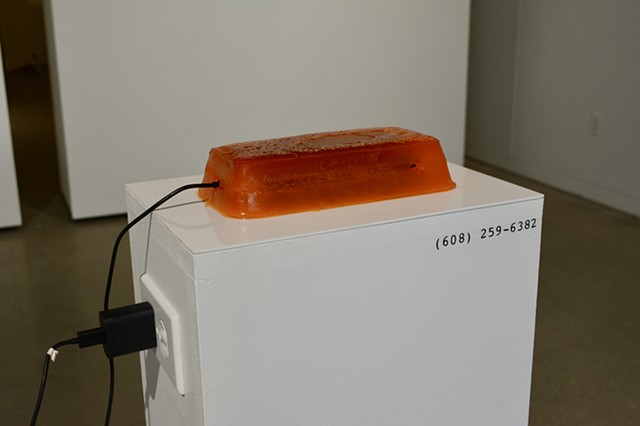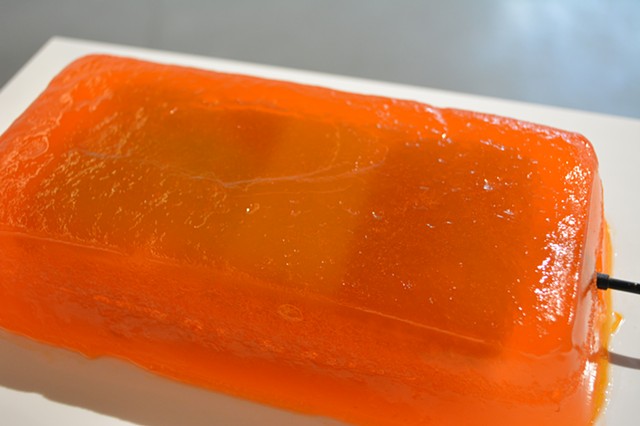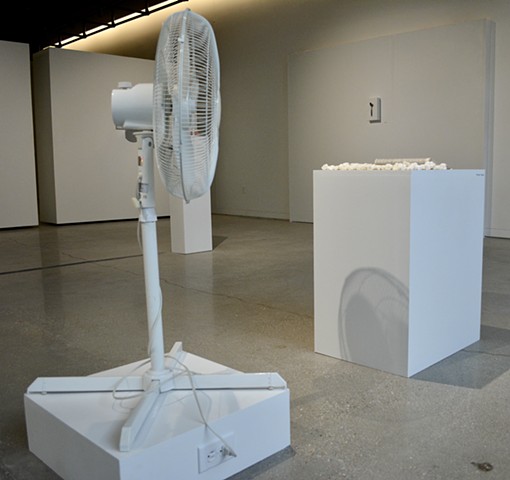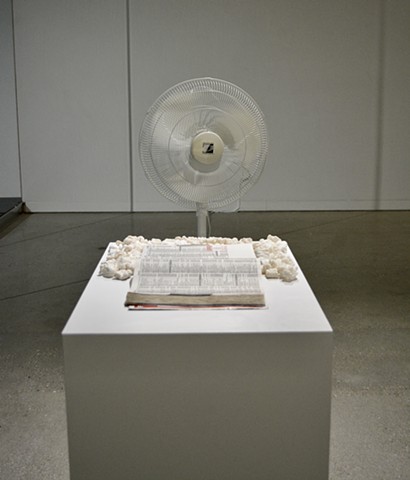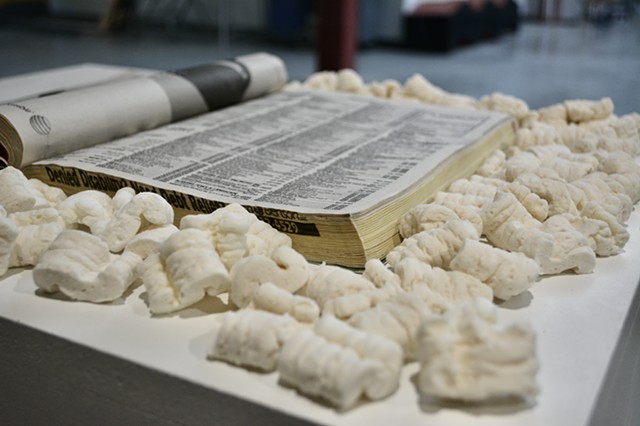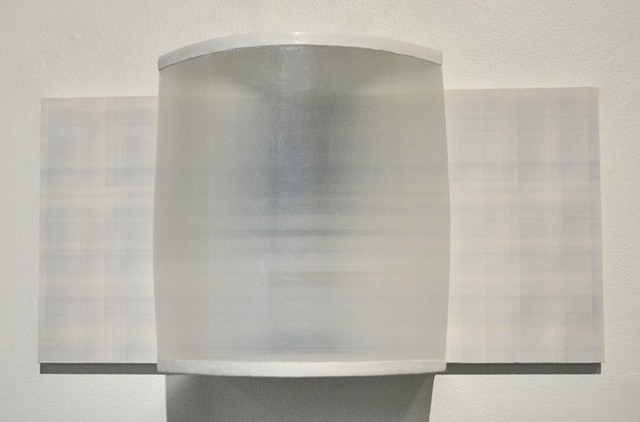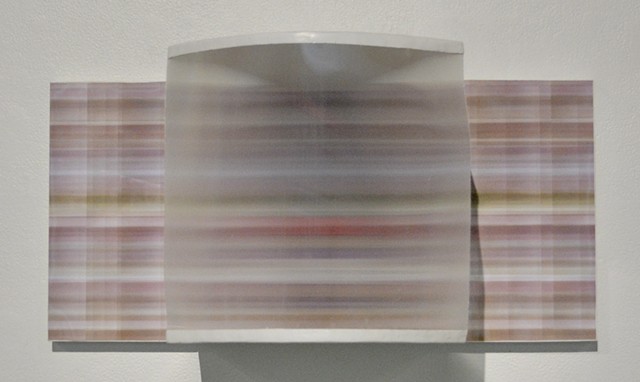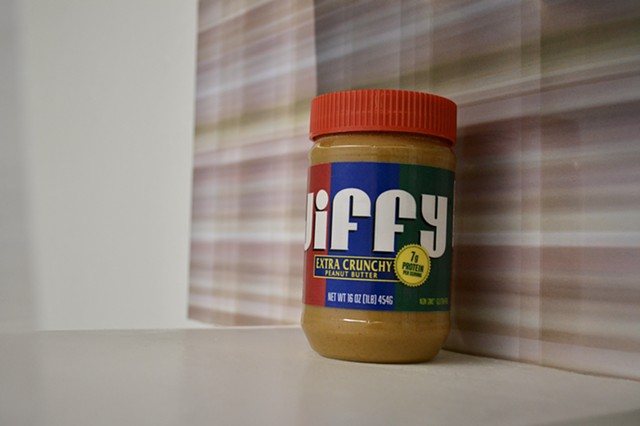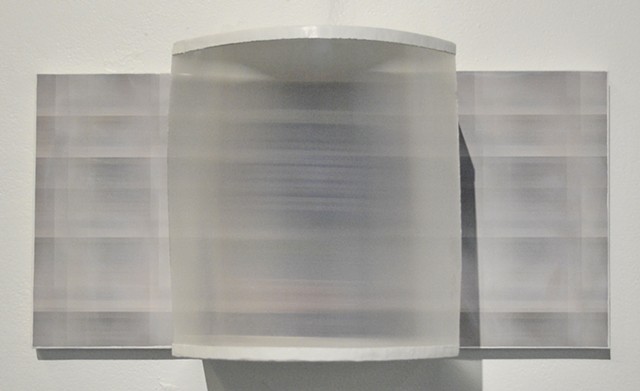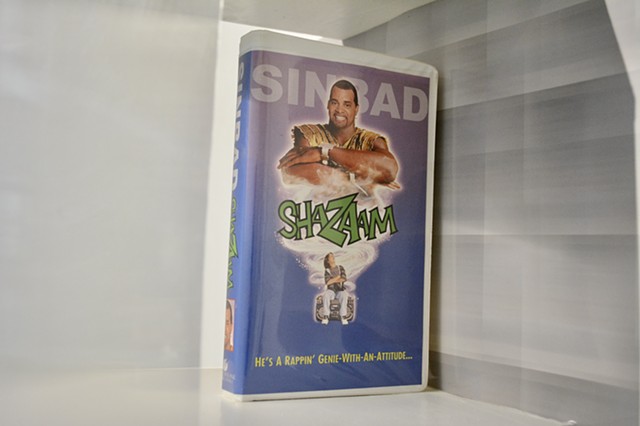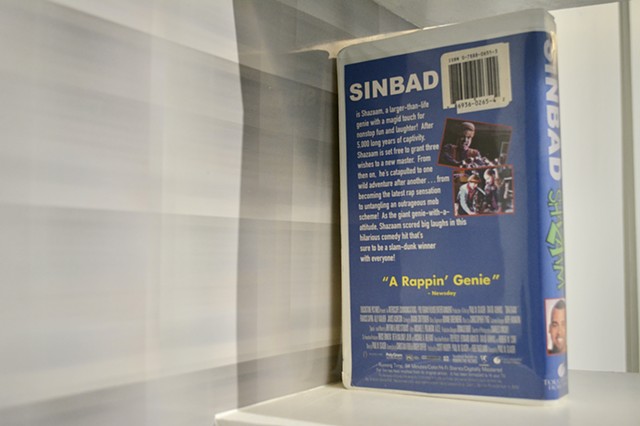irl
How can we define our reality - is the definition to be found in science, philosophy, or religion? With the advent of the internet, our “true” reality has come under increasing assault from our chosen realities. Dr. Vannevar Bush envisioned the internet to be a place where truth could be found. Since the 60s that idealistic view of the internet has fallen away. Social media is designed to show us the reality we want to see, and those truths shape our reality. Tailored and/or alternate perceptions of reality have existed since we started questioning the world around us. The internet makes it much easier to support and reinforce whatever view of reality we choose.
Many times we choose the reality that is more magical, even fantastical, and much greater than our known world. We want to believe in the mystical which may possibly bring meaning to our chaos. We want there to be more than our tiny existence. This belief in something larger than ourselves helps us rationalize that bad things are not so bad or that we could have the power to bend a spoon with our mind—that we have the ability to make things happen if we only meditate deep enough.
In this show, I am making those things we want to believe in come to life. The work invites us to believe in a fantastical world, where: Uri Geller could actually make a spoon bend with his mind; Jiffy and Shazaam exist in an alternate universe, and that a phone that connects us to that alternative perspective can be lost in jello and still be called.
These domestic objects (spoons, packing peanuts, Febreze. . .) connect us to our everyday lives and those around us. The transformation of the objects illustrates the disconnect we can have with the world around us. These objects affirm our reality. When we have too much trust in a magician, religion, or news we start to drift away from reality and the objects that ground us.
Here is a world in which our reality gets turned upside down and the impossible becomes possible.
